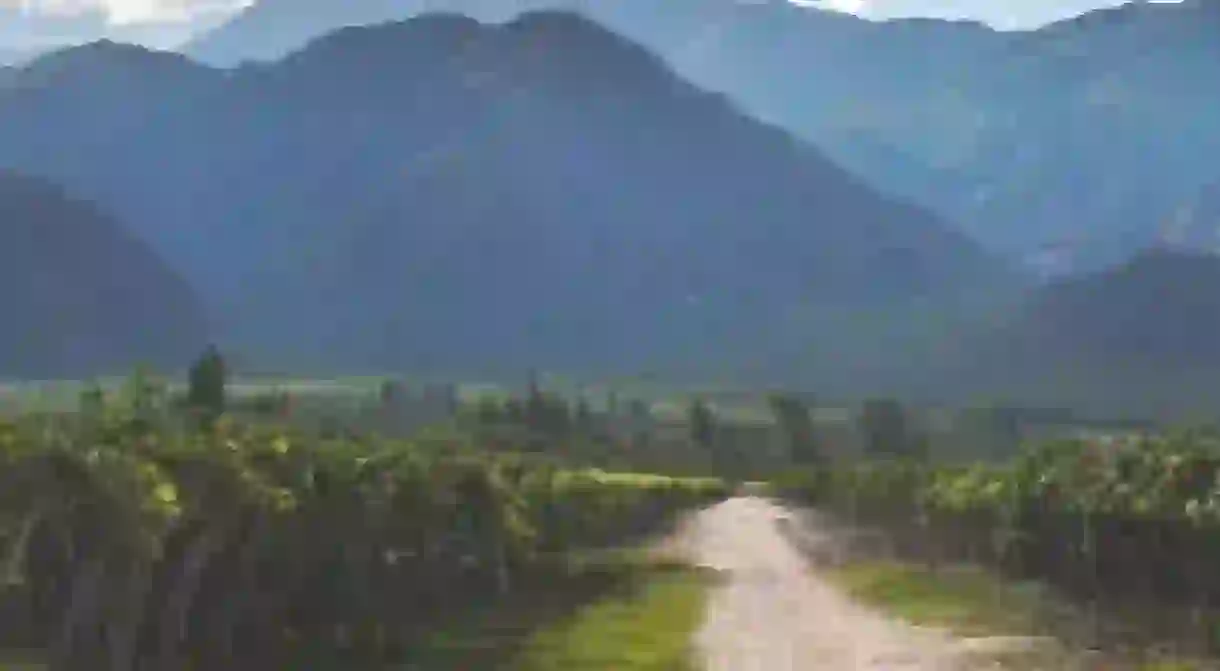The Best Vineyards in Salta, Argentina

The province of Salta, in north-western Argentina, has a perfect climate for producing wine. The surrounding mountains help produce a micro-climate which encourages vineyards to flourish, due to a combination of high altitude, irrigation from melted mountain snow and healthy soil. Popular grape varieties that the region produces include Malbec, Cabernet Sauvignon, Tannat and a regional speciality, Torrontés. Salta is an up-and-coming wine region that is increasing in international prominence, and its wines are beginning to rival the famous Mendoza region of Argentina. The Culture Trip explores five of the best wineries in Salta.
Bodega Domingo Molina
Bodega Domingo Molina, owned by the Domingo family, has been producing wine since the 1960s, and it cultivates many varieties of grape, including Torrontés and Malbec. The winery offers six lines of wine, including an 100% Malbec label called ‘M² Malbec x Malbec’, and their regional Torrontés in the ‘Domingo Molina’ line is also a popular choice. The winery is open for visits daily, although checking ahead for availability is recommended, since it is highly popular. The tour includes tasting and, of course, the opportunity to purchase some wine at the end. North Yacochuya, CP4427, Salta, Argentina

El Esteco
Hotel
Bodega Colomé
Colomé is one of the oldest wineries in Argentina, dating from 1831, and is also one of the highest vineyards in the world. Given the age of the vines – some are 160 years old – the flavor produced by the grapes is distinctive and intense. In 2001 it was purchased by new owners, who have since installed the latest technology in wine production. The main building is a Spanish-style villa, and there is a hotel on site, as well as an art museum. Its wine, exported to over 25 countries across the world, mainly focuses on varieties of Malbec and Torrontés. There are daily tours and a gift shop. Ruta Provincial 52 Km 20, Molinos, Salta, Argentina

Bodega Nanni
Winery

Bodega Amalaya
Winery














